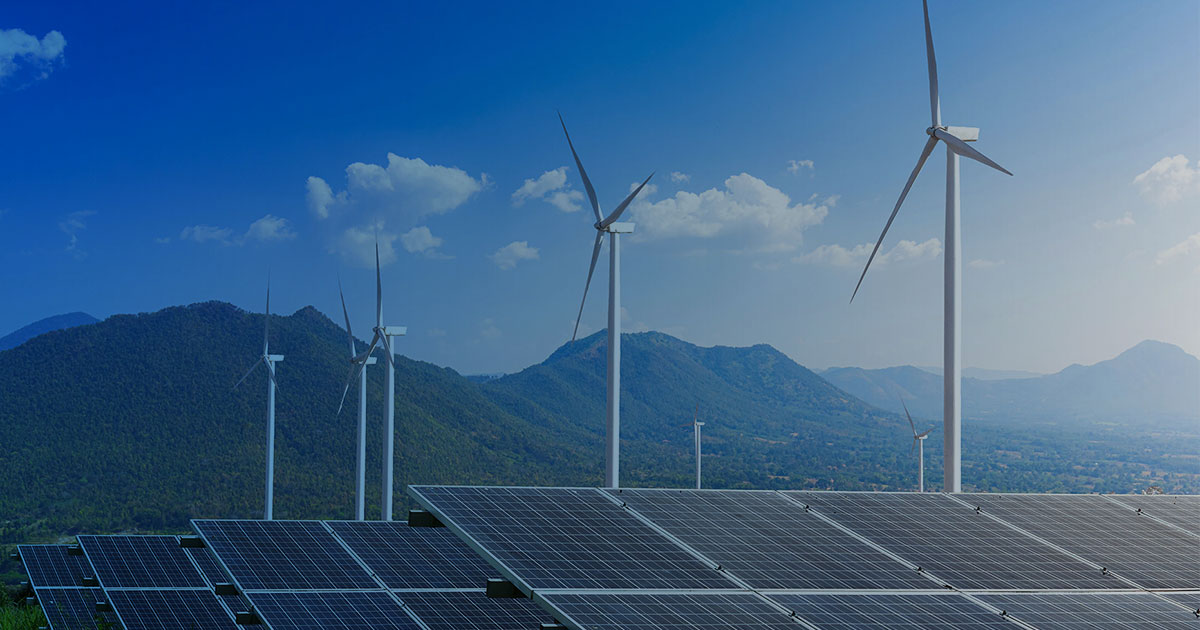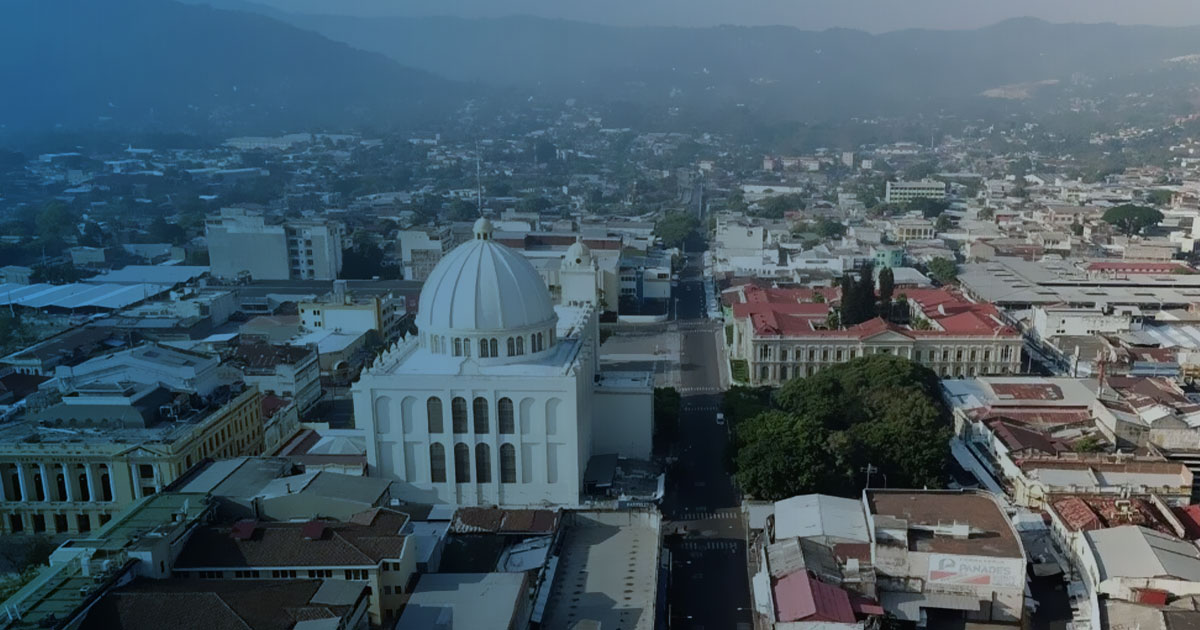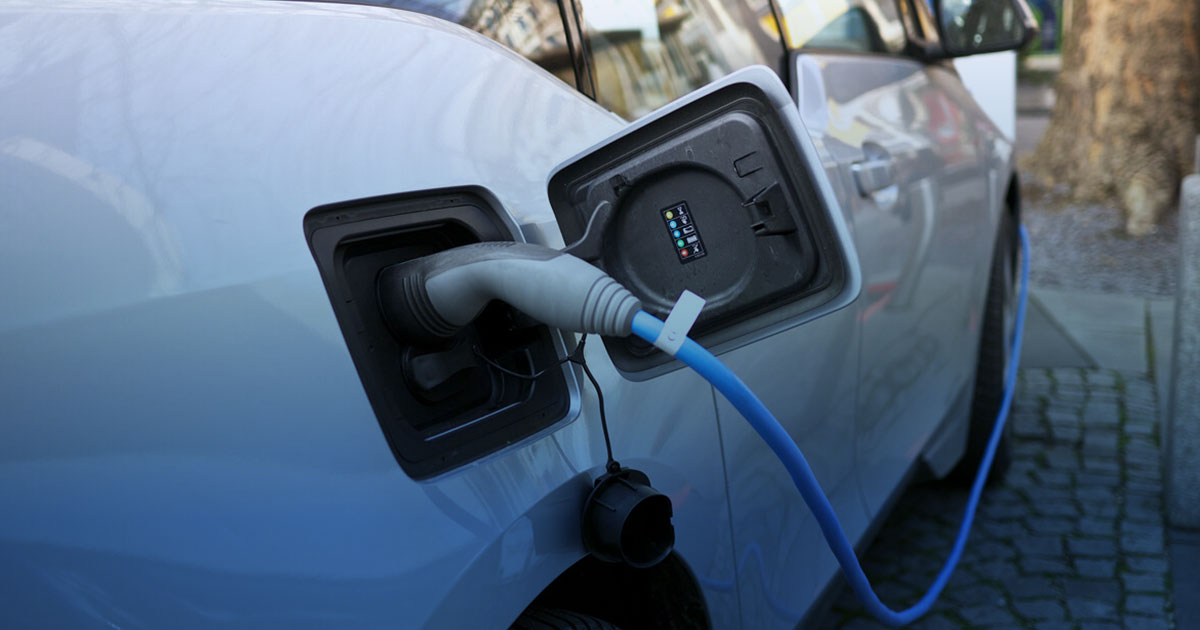April, 2018
By: Luis Palacios, Zone Environmental Consultant
On February 6, 2018, Law 9518 on Incentives and Promotion for Electric Transportation came into force, which seeks to promote, through economic and practical incentives, the use of electric cars in the country. This will help reduce the consumption of fossil fuels in transportation, which is currently the largest source of carbon dioxide emissions in Costa Rica.
With this regulatory measure, the fundamental duty of promoting new technologies for the efficient use of natural resources and protection of the environment, which the State had previously acquired through the Organic Law of the Environment (articles 4 and 58) and the Biodiversity Law (in its chapter VIII).
Some of these benefits are still subject to further development by public, private and financial institutions. However, the Law specifically establishes the following incentives that operate with its entry into force:
- Tax exemption applied on the value of the vehicle, as follows:
| Valor CIF |
Ventas |
Selectivo de consumo |
Impuesto sobre el valor aduanero |
| Los primeros $30.000 del valor CIF |
100% exoneración |
100% exoneración |
100% exoneración |
| De $30.001 hasta $45.000 del valor CIF |
50% exoneración |
75% exoneración |
100% exoneración |
| De $45.001 hasta $60.000 del valor CIF |
0% exoneración |
50% exoneración |
100% exoneración |
| De $60.001 en adelante |
0% exoneración |
0% exoneración |
0% exoneración |
This exemption will operate for a period of 5 years from its entry into force.
-
- Spare parts related to the operation of the electric motor and the batteries of electric vehicles will be exempt from the sales tax and the selective consumption tax.
- If the vehicle is made in Costa Rica, the equipment for the assembly and production of electric vehicles will be exempt from the total payment of the sales tax for 10 years. The Law establishes that the Ministry of Environment and Energy (MINAE) and the Ministry of Finance will make a list of equipment subject to this exemption.
- On the payment of vehicle property tax, which constitutes 65.59% of what is paid by MARCHAMO, exemptions will be applied as follows:
| Año |
Exoneración de pago de impuesto. |
| Primero. |
100% |
| Segundo |
80% |
| Tercero |
60% |
| Cuarto |
40% |
| Quinto |
20% |
- Exemption for 5 years from the total payment of the selective consumption tax, the general sales tax and the one percent tax on the customs value, to the parts necessary for the installation of the recharging centers.
- Electric vehicles that bear the badge issued by MINAE will not be subject to the vehicular traffic restriction in the San José metropolitan area.
- Electric vehicles will be able to park in the preferential spaces designated as blue that will be created in public parking lots, supermarkets, shopping centers and other private parking lots. These parking lots do not substitute or replace the parking lots for people with special mobility conditions regulated in Law 7600.
Other incentives
In addition to the directly applicable incentives mentioned above, the Law contemplates other benefits that must be developed by the competent authorities and its application would entail multiple benefits for those who decide to take the step to use means of transport that are more considerate of the environment.
Parking meters: The Law previously authorizes the Municipalities to establish exemptions from the payment of parking meters for electric vehicles.
Public fleet and tenders: The evaluation of tenders and direct competitive purchases must give an additional 10% to bidders who, under equal conditions, demonstrate that the products offered are electrical.
Electric public transport : The National Plan for Electric Transport must project the replacement of the bus fleet, at least every two years, with a goal within this period of not less than 5% of replaced units.
With regard to taxis, those who wish to replace their carbureted vehicles with electric vehicles, will be able to enjoy the same benefits indicated in the law, as well as use a distinctive color defined by the Ministry of Public Works and Transportation (MOPT). Likewise, when the MOPT starts new taxi concession processes, it will be required that at least 10% of the concessions be granted to electric vehicles.
Recharging stations : To supply energy to vehicles, MINAE will have the obligation to ensure the construction and operation of recharging centers, which must be built and operate at least every 80 kilometers on national highways, and every 120 kilometers on roads. cantonal.
Also, MINAE and MOPT are delegated to issue guidelines for the implementation of recharging centers for electric vehicles in shopping centers and public parking lots.
Mechanics and technical workforce : The National Training Institute (INA) must create channels for the education and training of human resources that can be professionally developed in the maintenance and repair of electric vehicles and their parts. For this, the INA can subcontract chambers, private companies and universities.
On the other hand, the Law requires importers of electric vehicles to provide repair and overhaul services for this type of vehicle, as well as to take care of the correct management of the waste generated by said vehicles. With this, it seeks to deal with one of the most delicate aspects of electrical technologies, which is precisely the waste generated by energy storage devices.
Financing Facilities : Perhaps one of the fields where the law leaves more room for further development is the financing of electric transportation. However, the law takes a step forward by establishing that the financing of electric transportation must be part of development banking projects, and also empowers the National Banking System to implement financing lines for this mode of transportation; These lines will include facilities in their terms, interest rate, guarantees and procedures, as long as they do not represent risky situations for the entities.
Finally, we believe that although there are still aspects to be developed, this Law constitutes a great advance in the fight to convert Costa Rica into a carbon neutral country and its application could greatly benefit the environment.





